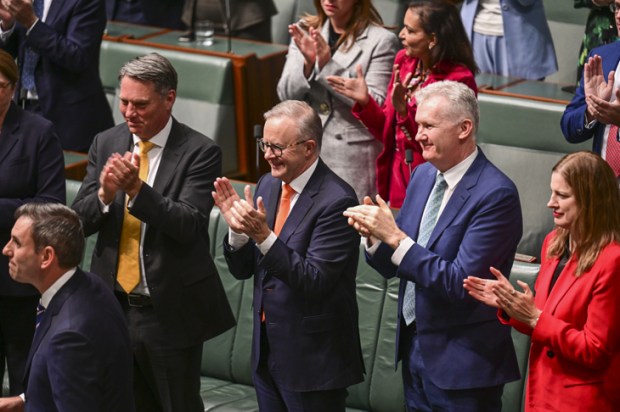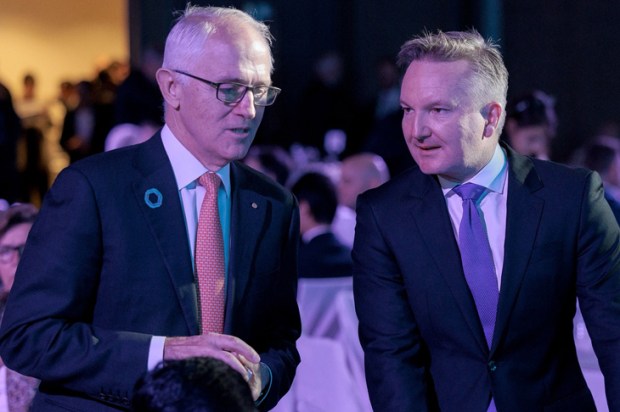I find myself doing a lot of head-shaking these days. Does anyone really believe that governments know best? Why do people put up with being bossed around even when they know the rationales for the directives are false? (OK, losing your job, massive fines, being arrested – these things do matter.)
I am just staggered by the extent of illiberal policies that are now put forward and, in far too many cases, actually implemented by governments and other bodies. These policies ride roughshod over the legitimate preferences of ordinary folk and seek to impose actions or behavioural changes that sensible people object to. In most cases, they are highly regressive, placing the greatest burden on people who already find it hard to make ends meet.
I first went to university in the 1970s. Looking back on those days, I realise that it was a nirvana of free thought and anti-authoritarianism. People seriously objected to being told what to do. There were demonstrations against compulsory military conscription. People were free to choose their living arrangements – marriage was not the only option. They smoked if they wanted to and took other substances if they were available. Censorious judgement was out; live and let live was the guiding principle.
It was such a contrast with my earlier years of growing up in narrow-minded, straight-laced, sectarian Melbourne. Societal norms were strictly enforced and ostracism, at best, befell those who tried to buck the trend.
Sadly, those days of free-thinking rebelliousness of the 1970s, and for a while longer, seem so far away. Maybe I should take up protest song-writing? Now, plenty of the citizenry simply accept the avalanche of restrictions and rules thrown at them by governments and big companies, in particular.
Of course, it was on neon-highlighted display during Covid, even though most people surely knew that most of the restrictions were rubbish and simply made up to ensure a compliant population.
How did it ever make any sense to close down playgrounds? Why restrict people to travelling five kilometres from their home? What about the absurd curfews, something which the police had never sought? And what about close-to-compulsory vaccines and mask-wearing, again not supported by the evidence?
But too many politicians, as well as business leaders, have developed a taste for high-handed bossiness and are very keen to stick to the formula. To be sure, false rationales will be still given such as saving the planet or ensuring the safety of citizens.
Take the example of the attack on the use of cash. The big banks, in particular, have decided that allowing their customers to withdraw some of their own cash is beneath them. Many branches – there are far fewer now – will not now allow customers to take out cash. These same banks are also withdrawing from providing ATMs, finding that they are costly albeit highly convenient for their customers.
Try transferring a sizeable amount of money to another account – say of a relative – and the bank will start asking all sorts of questions. Who is this other person? Why are you transferring the money?
To be fair, one of the reasons that banks engage in this intrusive and annoying process is the suite of government regulations designed to rid of us of the scourge of money laundering – as if. But the bank executives will also mention reducing the risk of scamming, although it’s not clear that this is the most effective way to reduce its incidence.
Let’s be clear: the government has an interest in eliminating cash as far as possible in part because it will provide a comprehensive data base of what the citizens are getting up to. You know the sort of thing: what you are buying, when you are buying it, where you are buying it.
There will be a bit of blather about reducing tax avoidance, but the beauty of a cashless society is obvious: it offers the scope to ban or limit certain types of spending while enforcing others. It’s China’s social credit system rolled out in a country that is ‘one and free’.
It’s clear where this is all heading. Take three interstate flights this year and you will get a message that you are exceeding your carbon budget. Pay a gas bill and get another message suggesting you switch to electricity. Spend a truckload down at Dan Murphy’s and who knows what will happen.
In addition to turning their backs on cash, the banks have also been getting up to all sorts of other invasive tricks. I recently received multiple messages from a bank where I have an online account. It was necessary to confirm my details, evidently.
When I logged in, there were some weird questions, including where I had got my money from. I did the obvious thing and transferred all my funds out of the account. None of their business.
And what about this latest wheeze from the major banks that runs along the following lines: ‘In addition to any other limit which may apply, we may in our discretion limit the amount each user may transfer or pay from all accounts to accounts and/or merchants which we reasonably believe may be owned or controlled by a cryptocurrency or digital asset exchange or being used to purchase cryptocurrency or digital assets to no more than AUD$10,000 in a calendar month’.
Right-oh – it’s your money but you are not allowed to transfer more than a set amount to accounts associated with cryptocurrency or digital asset exchange – in the bank’s opinion, of course. Evidently, the bank thinks it’s OK to behave like some sort of overbearing parent.
Don’t get me onto the federal government’s proposed Digital ID where all your records such as driver’s licence, passport and Medicare number will be assembled – for your own convenience. And to think that people actually fought hard to prevent the Australia Card from being introduced. How soon will it be before you are required to provide your Digital ID to leave home?
There are far too many examples of autocratic behaviour by governments and big business hell-bent on telling us what we can and can’t do. Have a second house? You should pay double taxes on that. Thinking of installing gas heating in your new house? You won’t be allowed to do that in Victoria. Thinking of giving a vaccine a miss? Watch out, you may be punished.
The end result is more head-shaking around here as too few objections are raised about magisterial directives linked to a view of the world where government knows best and it’s necessary to protect vulnerable citizens. Tears of laughter will be accompanied by the head-shaking – as well as paying for things by cash; so there.
Got something to add? Join the discussion and comment below.
Get 10 issues for just $10
Subscribe to The Spectator Australia today for the next 10 magazine issues, plus full online access, for just $10.
You might disagree with half of it, but you’ll enjoy reading all of it. Try your first month for free, then just $2 a week for the remainder of your first year.














Comments
Don't miss out
Join the conversation with other Spectator Australia readers. Subscribe to leave a comment.
SUBSCRIBEAlready a subscriber? Log in